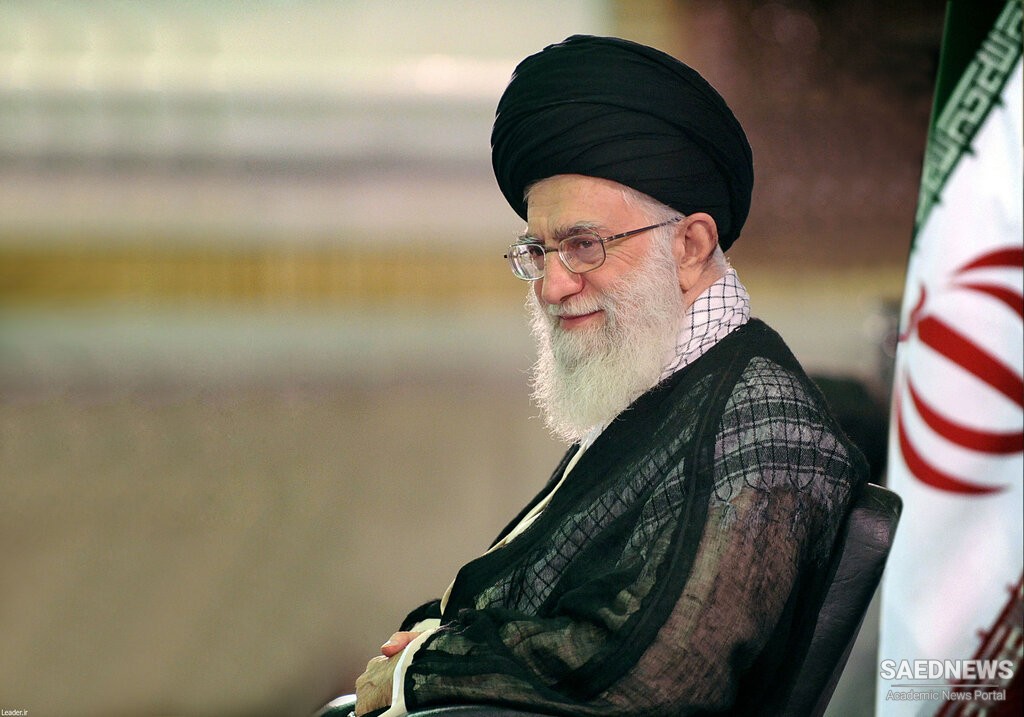The concept “legatee of a prophet” is a broad one, however, and includes the fuqahā. The immediate legatee of the Most Noble Messenger (s) was of course the Commander of the Faithful (‘a), who was followed by the other Imāms (‘a), and the affairs of the people were entrusted to them. But no one should imagine that the function of governing or sitting in judgment was a form of privilege for the Imāms. Rule was entrusted to them only because they were best able to establish a just government and implement social justice among the people. The spiritual stations of the Imāms, which far transcend human comprehension, had no connection with their naming and appointing officials. If the Most Noble Messenger (s) had not appointed the Commander of the Faithful to be his successor, he would still have possessed the same sublime spiritual qualities. It is not that the exercise and function of government bestow spiritual rank and privilege on a man; on the contrary, spiritual rank and privilege qualify a man for the assumption of government and social responsibilities.
In any event, we deduce from the tradition quoted above that the fuqahā are the legatees, at one remove, of the Most Noble Messenger (s) and that all the tasks he entrusted to the Imāms (‘a) are also incumbent on the fuqahā; all the tasks that Messenger (s) performed, they too must perform, just as the Commander of the Faithful (‘a) did There is another tradition that may serve as proof or support for our thesis, one that is, indeed, preferable with respect to both its chain of transmission and its meaning. One chain of transmission for it, that passing through Kulayni, is weak, but the other, mentioned by Sadūq and passing through Sulaymān ibn Khālid is authentic and reliable. This is the text of the tradition. Imām Ja‘far as-Sādiq65 (‘a) said: “Refrain from judging, because judging is reserved for an imām who is knowledgeable of the law and legal procedures and who behaves justly toward all the Muslims; it is reserved for a prophet (‘a) or the legatee of a prophet.”
Notice that the person who wishes to sit in judgment must, first of all, be an imām. What is meant here by imām is the common lexical meaning of the word, “leader” or “guide,” not its specific technical sense. In this context the Prophet (s) himself counts as an imām. If the technical meaning of imām66 were intended, the specification of the attributes of justice and knowledge in the tradition would be superfluous. Second, the person who wishes to exercise the function of a judge must possess the necessary knowledge. If he is an imām, but unlearned in matters of law and juridical procedure, he does not have the right to be a judge. Third, he must be just. The position of judge, then, is reserved for those who posses these three qualifications being a leader, and being knowledgeable and just. The tradition proceeds to clarify that these three qualifications can be found only in a prophet (‘a) or the trustee of a prophet.


 Holy Prophet Muhammad, Continuous Patronage of the Society and Shia Messianism
Holy Prophet Muhammad, Continuous Patronage of the Society and Shia Messianism














































